Eating bitter. 吃苦 (chīkǔ)
A Hakka concept.
There’s an element of “pain first, then pleasure” (or maybe better, say “sweetness” rather than “pleasure”, so that you don’t think I’m simply straying into S&M territory) or “no pain, no gain” implicit in the translation but also an acknowledgement of the many years of forced mass migration, massacres even, in their long history, the need for the people of the resultant diaspora, that is now to be found located pretty much anywhere in the world…
There is a Hakka saying, “有陽光的地方就有華人,有華人的地方就有客家人“, which means “Wherever there is sunshine, there are Chinese; wherever there are Chinese, there are Hakka.”
…to become experts at rapidly pulling up stakes, moving on, starting anew, establishing settlements in areas where others had failed (or simply didn’t want to bother trying), bringing their food-ways and sheer chutzpah to new geographies, new neighbours, new DNA.
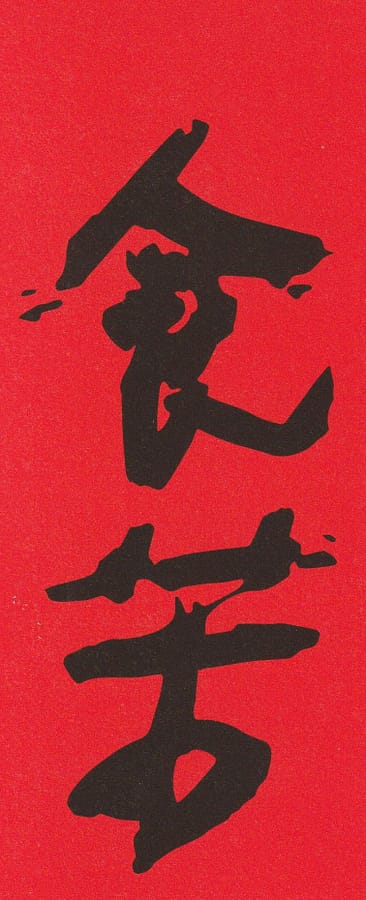
It’s a tattoo when seen on the arm of writer Lydia Pang.
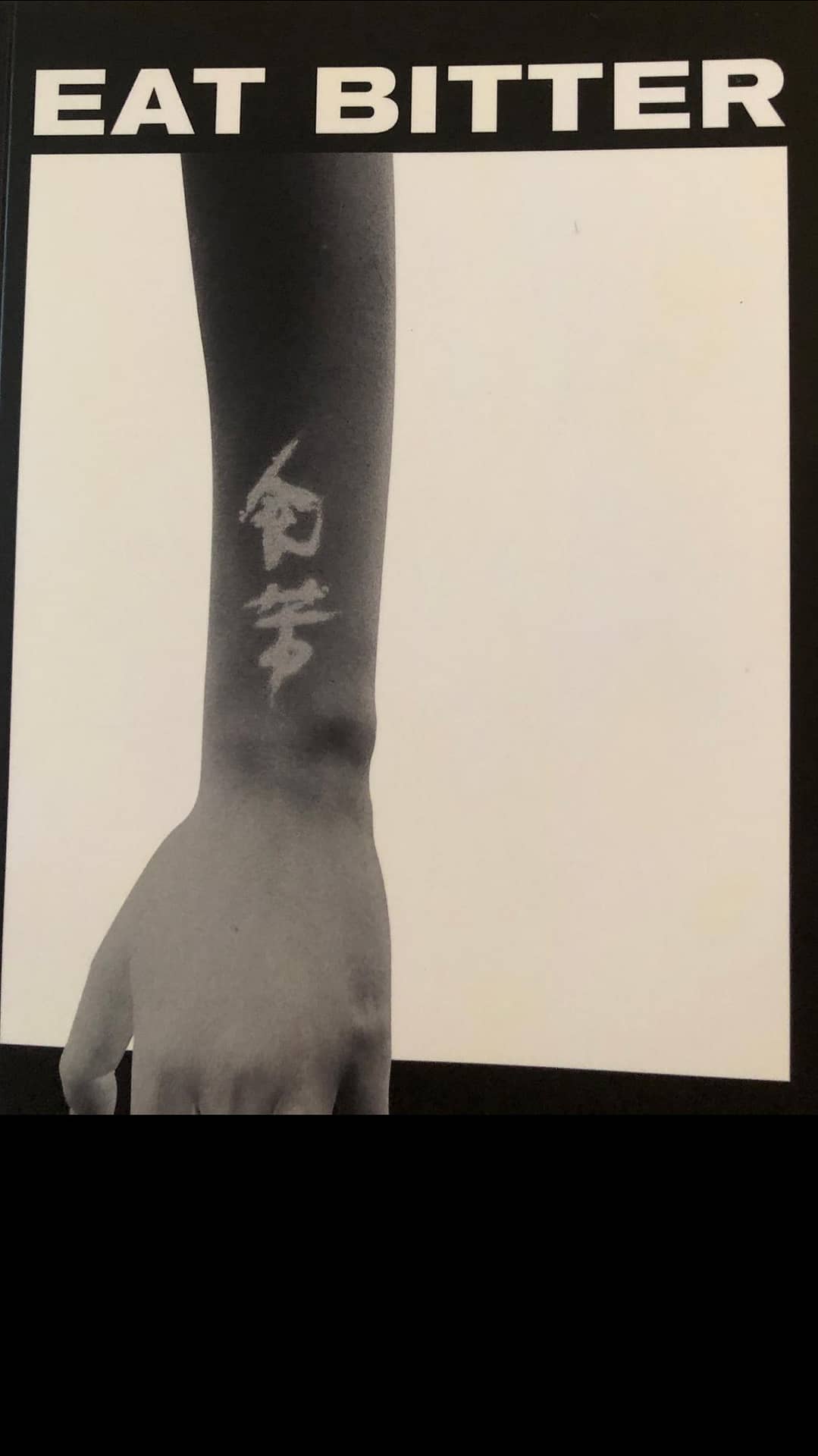
Or it’s the taste of a particular group of vegetables, when looking at a melon

via a green, bitter, gourd
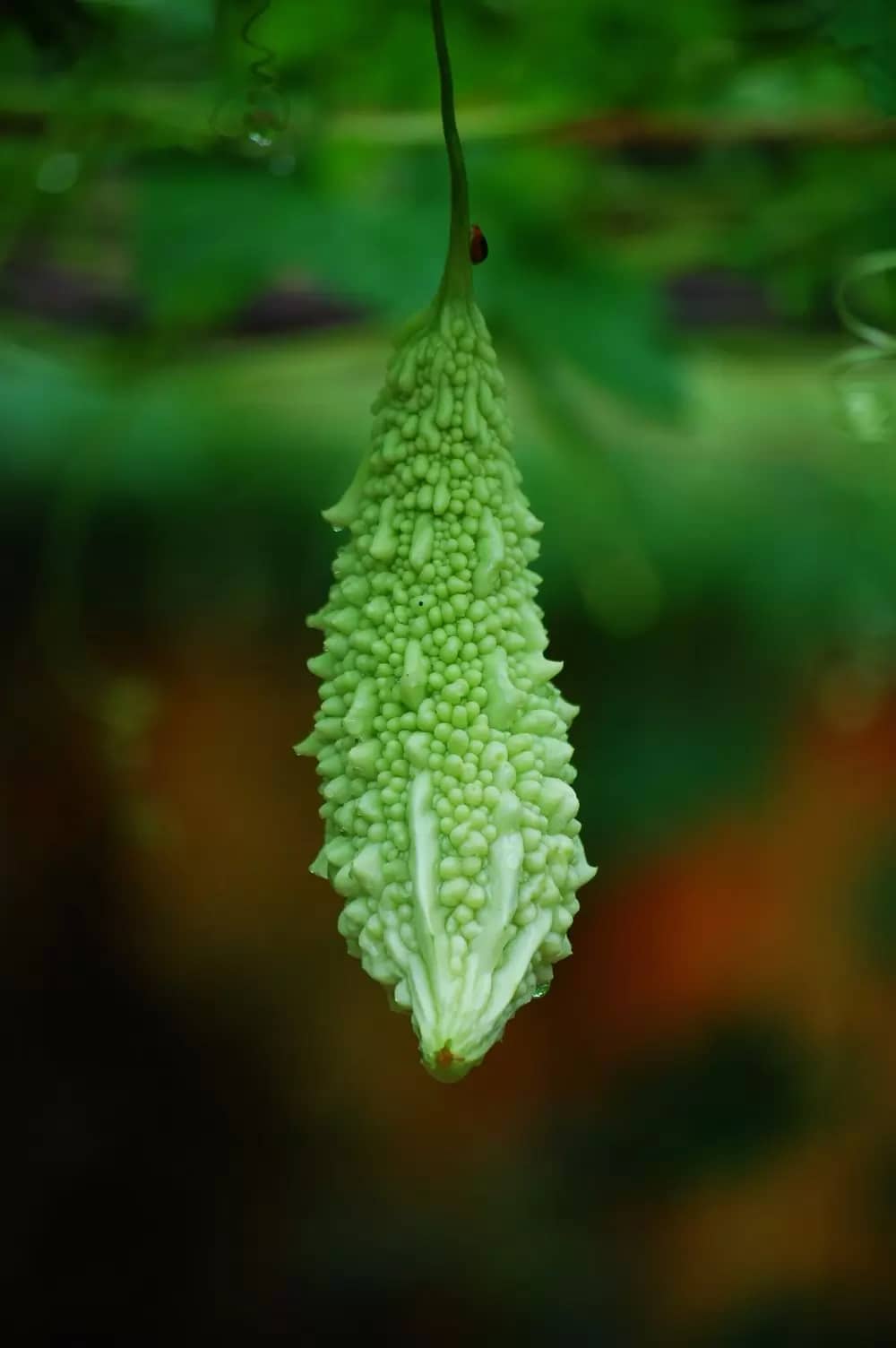
Bitterness was (and remains) a way of warning us that something might actually kill us; a defence mechanism for many plants and vegetables. It didn’t stop someone — in Africa originally — working out that bitter melon/gourd was edible. We all have our own decision to make when first asked ‘can I eat this?’ Whilst there are some cultural differences to overcome, memory of early tears when forced to eat something we see as unpleasant or unpalatable, peer pressure in later years or a slow move to a willingness to experiment, Fuchsia Dunlop actually sees it quite, quite differently and believes that
“It has long seemed to me that for a skilled Chinese chef, not only the answer but the question itself is profoundly and even philosophically different from that posed by any typical Westerner. The question, for a Chinese chef, is not ‘is this edible?’, but ‘how can I make this edible?'”
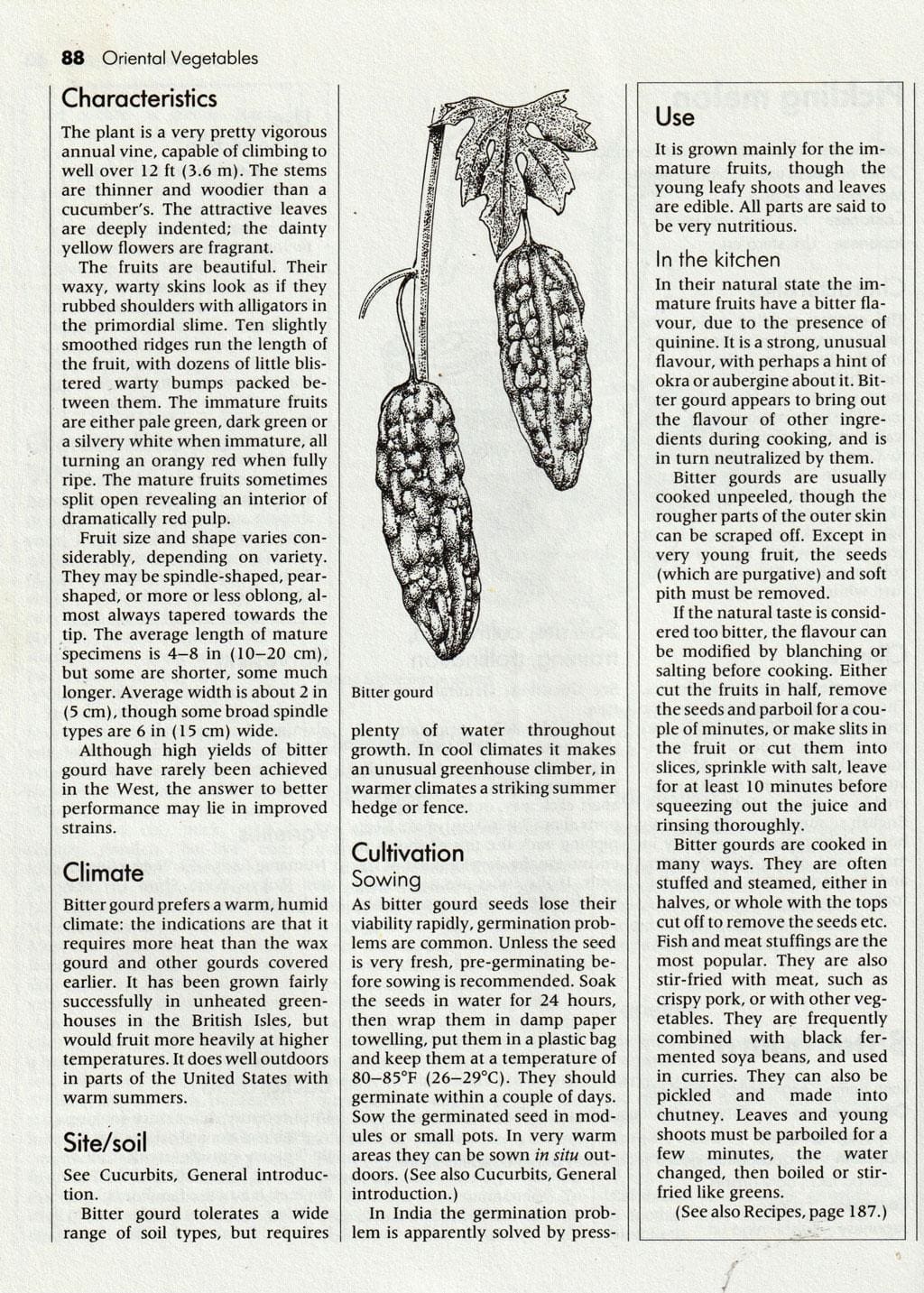
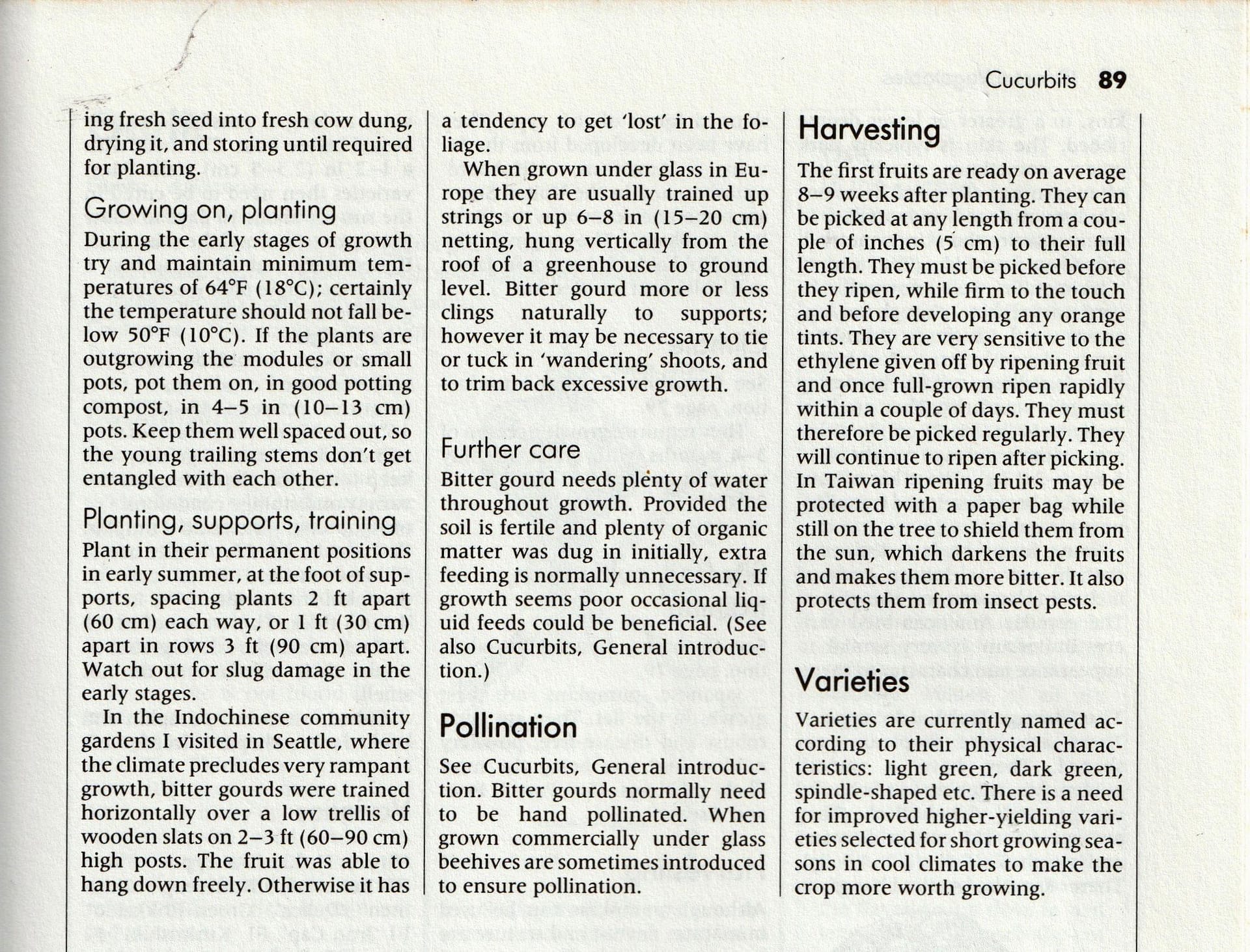
Think clean, crisp, and pure? There’s a good piece here as well that I just read that’s very interesting https://slate.com/technology/2015/01/why-do-we-like-bitter-foods.html
Pot is down to 380 or so; it’s always the way here, drops like a stone, then the last 100 degrees takes foreveeeeer!
This is very interesting Chris, I know there is a difference between bitter and sour, and I know the Chinese use sour .
But what can bitter bring to the party?
Kimchi pot must nearly be ready to come out of the kiln 🥳
Comments are closed.